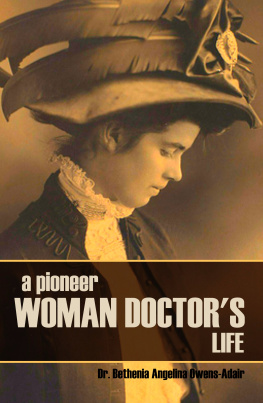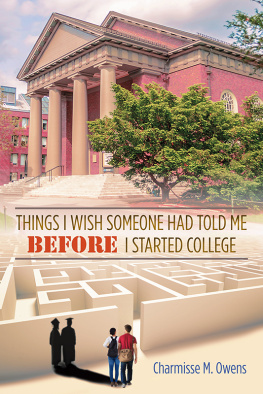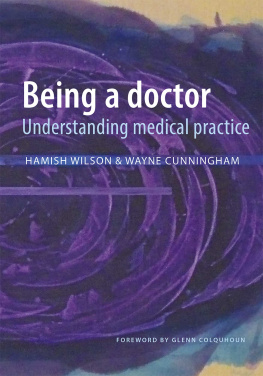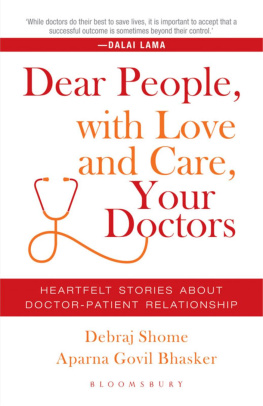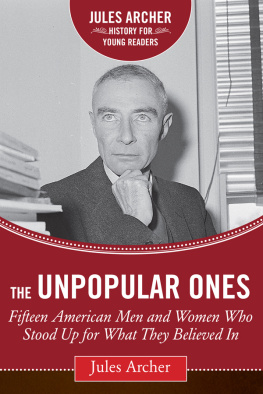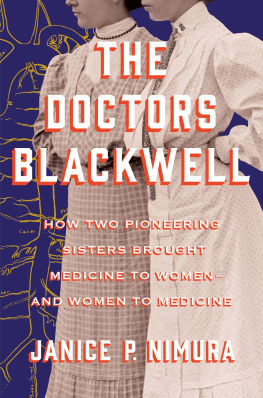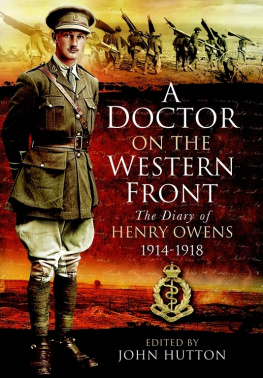
A PIONEER WOMAN
DOCTORS LIFE
Bethenia Owens-Adair, M.D.
COPYRIGHT 2014 BIG BYTE BOOKS
Discover more lost history from BIG BYTE BOOKS
PUBLISHERS NOTES
Bethenia Angelina Owens Hill Adairs complicated and extraordinary life is nearly peerless for her time. One would have expected her to have fallen into a life of poverty rather than rise to the heights she achieved through incredible determination and fortitude. As she relates below, she was born in 1840 to Thomas and Sarah Owens in Missouri. The 1850 federal census, however, gives her age as 12, so she may have been born in 1838. According to records and to her own account, she was only 14 when she married LeGrand Henderson Hill, who was abusive to her and her child. Despite great opposition to divorce by society, friends, and family, she left Hill and never went back.
At eighteen years old, divorced and barely able to read and write, Bethenia had bigger plans for her life than anyone could have expected. Gaining legal access to her maiden name, she never relinquished it, using, much ahead of her time, a hyphenated name when she remarried.
The University of Pennsylvania opened the first American medical school in 1765 and it was 1847more than 80 years laterbefore Elizabeth Blackwell became the first woman admitted to an American medical school. Even by 1905, only four percent of medical school graduates were women in the U.S. and there was little change in those numbers until the mid-1960s. Bethenias decision to study medicine was only slightly less mad than if shed decided to become a soldier; her choice of life was to be met with obstacles at every single step.
With indomitable courage, she never shrank from a challenge. One can only imagine the great comfort and relief it was to Dr. Adairs female patients to be attended by someone of their own sex, who would better listen to and understand their complaints. She was an early advocate of physical exercise for women, even making the shocking recommendation that they ride horses astride instead of side-saddle. Her involvement in the temperance movement came more from her experience as a doctor seeing families destroyed by alcoholism than from any moralistic motivation.
Dr. Adairs life was a remarkable testament to persistence and determination. She died on September 11, 1926 in Clatsop, Oregon.
DEDICATION
To my beloved mother, I dedicate this, the first child of my brain.
You, too, my mother, read my lines For love of unforgotten times;
And you may chance to hear once more The little feet along the floor.
SALUTATORY
In giving this book to the public, I have a two-fold purpose
First: A desire to assist in the preservation of the early history of Oregon;
Second: Through the story of my life, and the few selections from my earliest and later writings preserved in newspaper clippings, I have endeavored to show how the pioneer women labored and struggled to gain an entrance into the various avenues of industry, and to make it respectable to earn her honest bread by the side of her brother, man.
In this day and age of progress and plenty, women are found in all the pursuits of life, from the cradle to the grave, and it is hard now, and will be more so, for women a century hence, to believe what their privileges have cost their early mothers in tears, anguish, and contumely, as they ascended, step by step, that slippery and dangerous highway, clinging courageously to the rope and tackle of progress, taking in the slack here and there, never flinching, and never turning back. Several chapters have been contributed by a life-long friend.
Every book is a quotation, and every house is a quotation out of all forests, and mines, and stone-quarries; and every man is a quotation from all his ancestors. Emerson.
EARLY LIFE
I was born February 7th, 1840, in Van Huron county, Missouri, being the second daughter of Thomas and Sarah Damron Owens.
My father and mother crossed the plains with the first emigrant wagons of 1843, and settled on Clatsop plains, Clatsop county, Oregon, at the mouth of the Columbia, the wonderful River of the West, in sound of the ceaseless roar of that mightiest of oceans, the grand old Pacific. Though then very small and delicate in stature, and of a highly nervous and sensitive nature, I possessed a strong and vigorous constitution, and a most wonderful endurance and recuperative power. These qualities were inherited, not only from my parents, but from my grandparents, as well. My grandfather Owens was a man of exceptional financial ability. He had a large plantation in Kentucky, mid owned many slaves, and many stores throughout the state. He was a grandson of Sir Thomas Owens, of Wales, of historic fame.
My grandmother Owens was of German descent; a rather small, but executive woman, who took charge of, and ably administered the affairs of the plantation, during my grandfathers absence, which was most of the time. She was precisely the kind of woman President Roosevelt most admires;a woman of energy, industry, and capability in managing her home affairs, and the mother of twelve children, all of whom grew to maturity, married, and went on giving vigorous sons and daughters to this young and growing republic.
My grandfather Damron was a man of equal worth. He was a noted Indian fighter, and was employed by the Government, during its wars with the Shawnees and Delawares, as a scout and spy. He performed many deeds of remarkable bravery and daring, one of which was the rescue of a mother and five children from the Indians, who had captured them, at the imminent risk of his own life; in recognition of this act of signal bravery the Government presented him with a handsome silver-mounted rifle, worth three hundred dollars.
My grandmother Damron was my grandfathers second wife. She was of Irish descent, and noted for her great personal beauty.
My father, a tall, athletic Kentuckian, served as sheriff of Pike county for many years, beginning as a deputy at the age of sixteen. It was often said of him: Thomas Owens is not afraid of man or devil.
My mother was of slight build, but perfect form, with bright blue eyes, and soft brown hair. She weighed but ninety-six pounds when she was married, at the age of sixteen.
My earliest recollection reaches back to the first step taken by my brother, Josiah Parrish Owens, I being five years old, and he between seven and eight months. It was in the smooth, cleanly swept back yard, on a soft, warm July afternoon. Mother sat just outside the door, sewing. My sister Diana, who was past seven, and old for her years, and who never seemed to care much for play, (unlike most children,) sat near mother, busy with her patch-work. My brother Flem (about three) and I were playing with the baby. In his infantile glee he crept away from us, raised himself on his feet, and looked smiling at mother, who held out her arms, when he toddled to her, taking at least a dozen steps, before she caught him. From this time on, he never seemed to desire to creep. It was a red-letter day to us, as our baby, named for Rev. J. L. Parrish, of missionary fame, was the pride of our home. My brother Flem, two years my junior, was my constant companion. He grew rapidly, and soon overtook me in size, as I was small, and grew slowly, but I was tough and active, and usually led in all our pursuits of work or play. Not until I was past twelve, did he ever succeed in throwing me. One day he came in the kitchen, where I was washing the dinner dishes and, with a broad smile on his face (he was such a good-natured boy!) said: Pap told me to go to the barn for two bundles of oats for the horses; now the first one that is thrown down must go for the oats.
Next page
